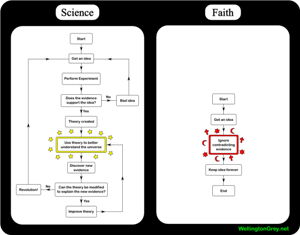I suppose that if you aren’t a geek (like me) you may not have heard of the “Net Neutrality” debate. I think that it’s actually quite an interesting (and important) argument.
What is net neutrality? Net neutrality is the principle that network operators (like Telkom or AT&T) should give equal treatment to all the traffic on their networks.
Currently, the internet blindly delivers data packets regardless of what they contain. The network just gets data and passes it on – no matter what is in there. This is what makes the internet flexible – anyone can send anything they want.
In the US the telecoms firms (AT&T, Verizon, etc) want to be allowed to charge content providers (e.g. Google, BBC, any web site) a fee for providing their content on a faster connection. In effect, they plan “express toll lanes” alongside the internet’s existing highways.
They are promising to leave the normal traffic as it is – they just want to have special lanes for people who pay more. Sounds fair(ish).
There are a few reasons why I don’t like this idea:
- Why would the operators upgrade the normal networks if they could be making more money by upgrading the expensive ones?
- This would tilt the internet toward the big sites. Little sites like www.alistairpott.com are going to be much slower than the big boys.
- Once a few sites pay up they will all be sucked in. If Google pays for faster delivery then Yahoo! will have to follow.
So I don’t like the idea of allowing operators to violate network neutrality. But, I hate over-regulation so I don’t think that over-strict rules should be put in place the preserve neutrality. As usual, I think the guys at The Economist have got the right idea:
“A minimal set of rules to protect net neutrality would still leave room for operators to experiment with new premium services.”
Google’s stance on net neutrality
Game theory model of the effects of removing network neutrality

